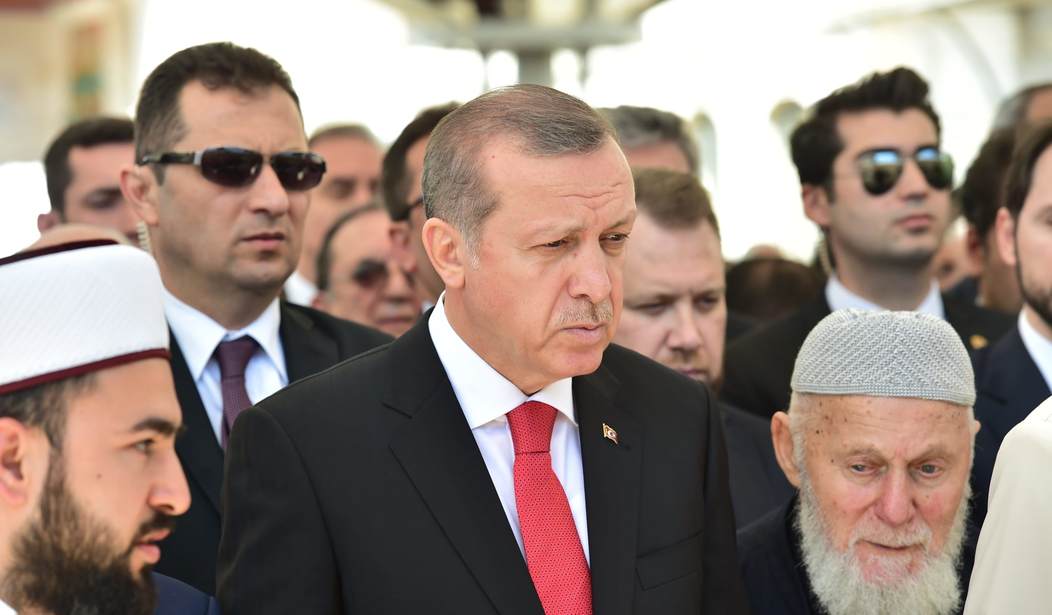When Turkey invaded northern Syria last week in an attempt to “cleanse the border of ISIS,” most commentators and observers assumed that the operation was coordinated with the United States. In fact, the U.S. itself said so, declaring that it was the result of U.S.-Turkish coordination.
Well, apparently not so much:
But behind the scenes, cooperation between the North Atlantic Treaty Organization partners broke down at senior levels, according to officials on both sides. The two countries weren’t as aligned on the operation as their public statements indicated.
While the White House was preparing to consider a secret plan to have American special forces join the Turks, Ankara pulled the trigger on the mission unilaterally without giving officials in Washington advance warning. When clashes started between Turkish and Syrian Kurdish fighters—who are directly backed by U.S. Special Forces—the Pentagon issued unusually blunt calls for both to stand down.
According to U.S. officials, the original plan was to first make sure that Kurdish forces in the region had left the area. Then, and only then, would Turkey, supported by U.S. special operations forces, launch a massive operation.
Instead, the Turks went in when they deemed the time right, without warning the U.S. beforehand. Before Hillary Clinton could say “what difference does it make?” Turkey wasn’t only fighting against ISIS, but also against Kurdish forces supported by the U.S.
Behind the scenes, the Turkish move has increased tensions in the already troubled relationship between Washington and Ankara. For instance, the U.S. has informed Turkish President Recep Tayyip Erdogan that his forces currently pushing further south into Syria will not receive air support. The only Turkish forces that will be supported are those pushing westward.
Meanwhile, Erdogan had been told by Russian President Vladimir Putin earlier this month that his forces in Syria would not target Turkish troops if they invaded. In other words, Turkey sought and got Russia’s approval, once again implying that Moscow and Ankara are on friendly terms nowadays. That has to trouble the United States, because Russia was and remains America’s most important geopolitical opponent in the region.









Join the conversation as a VIP Member